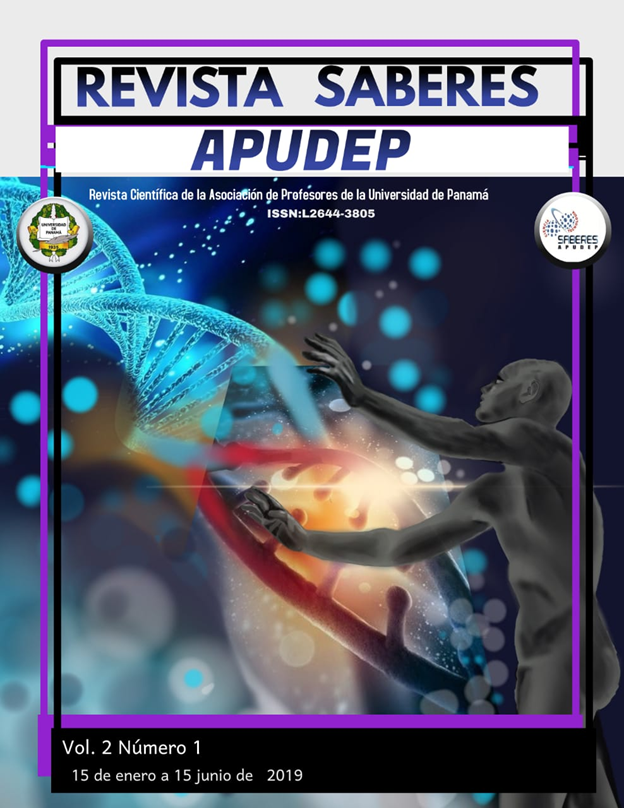

Incorporating reliable data into the characterization of recyclers in Panama is an important task for waste management in the country; so the National Movement of Recyclers of Panama (MNRP) undertook the investigation to answer questions such as: How many recyclers work in Panama? and What are their working conditions? The background is based on the Landfill Mission Acts (AAUD, 2015), the National Plan of Integrated Waste Management (INECO, 2017) and the Preliminary Report (MNRP, 2018). Based on these documents, a four-phase project was designed, which was carried out from February to September 2018. The first exploratory phase, the second descriptive phase, field documentary, the third phase of data analysis and the last phase of dissemination of results that was accomplished by a National Meeting with all recyclers and related authorities. Landfills in the provincial capitals were prioritized, four instruments were developed to collect qualitative and quantitative data, three of these instruments were applied in the Preliminary visits, which allowed to optimize resources and give context to the project. 30 landfills were determined, 522 recyclers and 24 local governments were interviewed, collecting demographic, social, housing, organizational, family and other data. Finally, a baseline was created that will allow the design of integral waste management plans and that will serve as a platform for the creation of inclusive public policies, based on science and social innovation. The main achievements were: the generation of social capital formed in the project, capacity to provoke a systemic transformation, capacity to generate critical mass and the ability to generate confidence in the processes of management of solid urban waste.